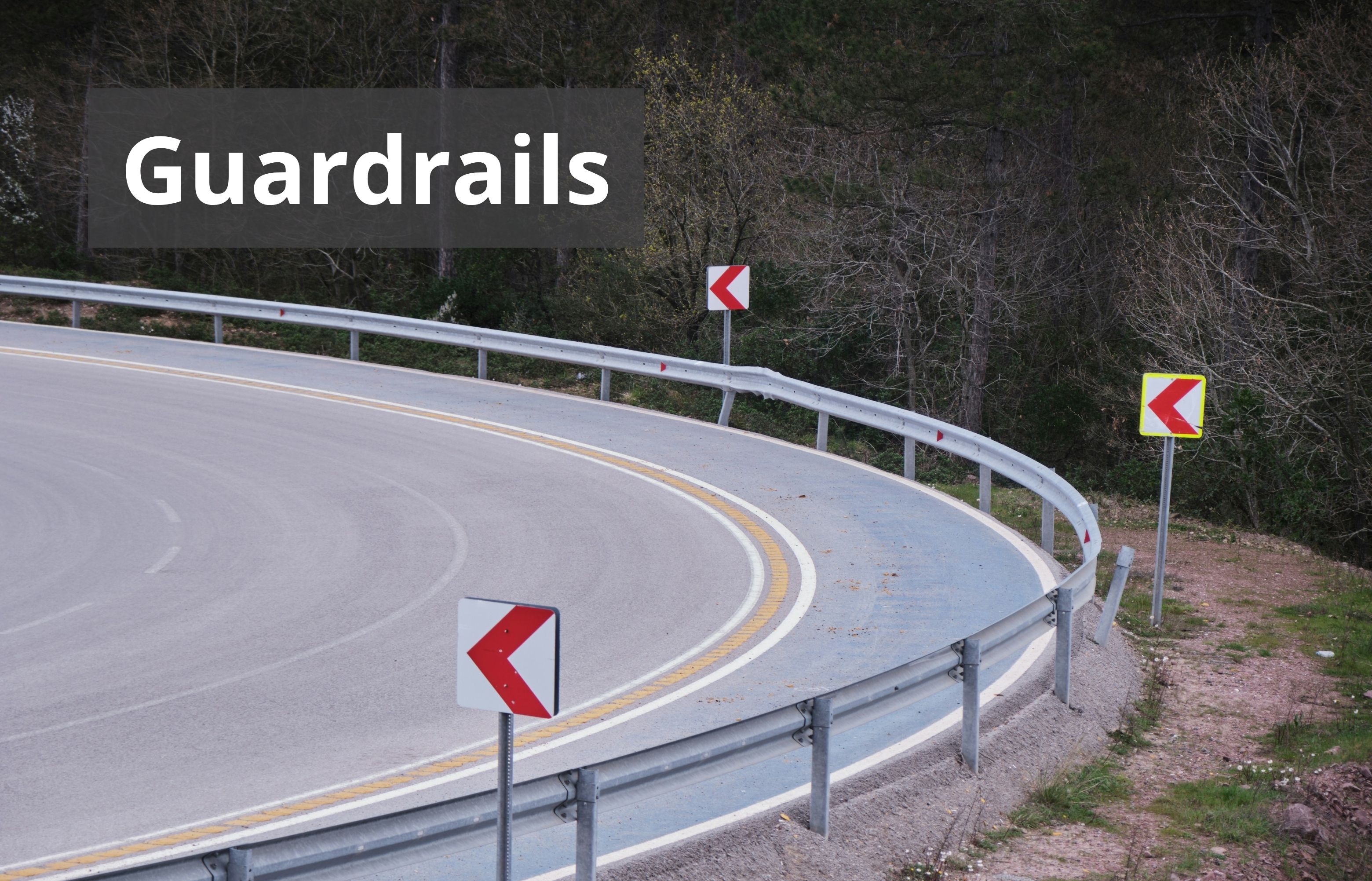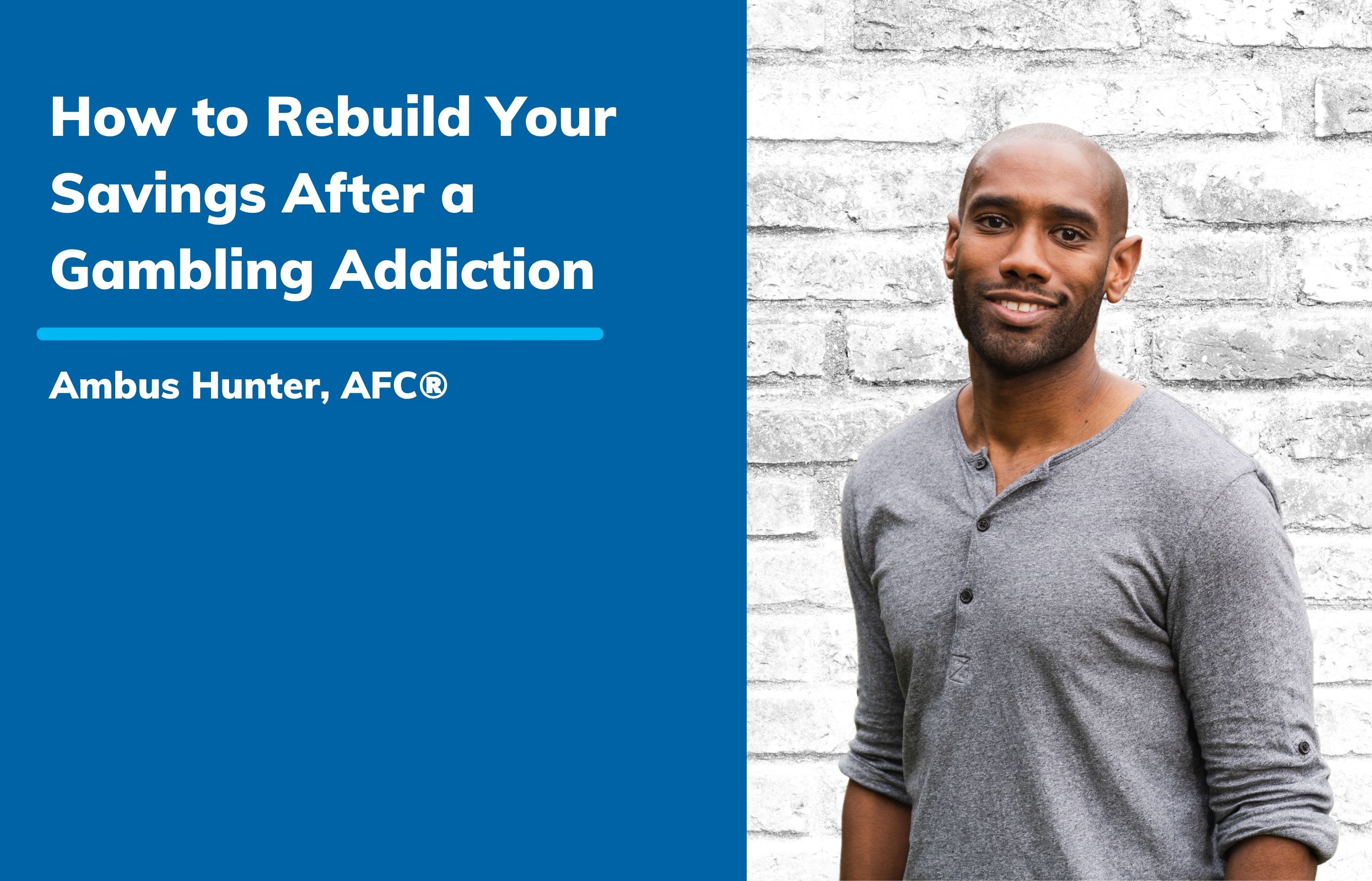Guardrails: How to protect yourself when someone you care about is gambling?

When someone you deeply care about is grappling with a gambling problem, it's not just their struggle—it becomes a challenging and often painful journey for you too. While your instinct might be to focus solely on them, it's absolutely vital to safeguard your own emotional and financial well-being. This isn't selfish; it's a necessary step to ensure you can offer sustainable support without sacrificing yourself in the process.
Unmasking the Problem: Recognizing the Red Flags
The first, and perhaps most crucial, step is to honestly assess if their gambling has crossed the line from a pastime into a genuine problem. Look for these common indicators, which often escalate over time:
- Financial Chaos: This is often the loudest alarm bell. Are there unexplained debts piling up? Frequent requests to borrow money (especially from you)? Unpaid bills, or even the sale of personal possessions to cover losses? These are clear signs that gambling is impacting their financial stability.
- Behavioral Shifts: Observe changes in their demeanor and daily life. Are they becoming secretive about their finances or where they spend their time? Increased irritability, sudden mood swings, or a noticeable decrease in time spent with family or on hobbies they once enjoyed, all in favor of gambling, are concerning.
- The "Chasing Losses" Trap: A hallmark of problem gambling is the relentless pursuit of recouping lost money by gambling even more. This creates a vicious cycle that's incredibly hard to break.
- Neglecting Life's Essentials: Is their gambling interfering with their work or school responsibilities? Are family duties or household chores falling by the wayside? When gambling takes precedence over fundamental obligations, it's a serious issue.
- Failed Attempts to Quit: Have they tried to cut back or stop gambling, only to find themselves unable to? This inability to control the behavior, despite a desire to do so, is a significant sign of addiction.
Building Your Emotional Shield: Prioritizing Your Mental Health
Supporting someone through a gambling addiction is emotionally draining. It's imperative that you prioritize your own mental and emotional health. You cannot pour from an empty cup.
- Find Your Tribe: Seek Support for Yourself: You are not alone in this. Organizations like Gam-Anon offer invaluable support groups specifically designed for the friends and family of individuals with gambling problems. Sharing your experiences with others who truly understand can be an incredibly validating and healing process.
- The Power of Boundaries: Establishing clear, firm boundaries is not about being unkind; it's about self-preservation. This might mean making the difficult decision to refuse requests for money that you suspect will fuel their gambling, or declining to cover up for their gambling-related absences or mounting debts. These boundaries protect you and, paradoxically, can sometimes be the catalyst for them to seek help.
- Release the Blame: It's easy to fall into the trap of self-blame, but remember: you are not responsible for their gambling problem. It's a complex addiction, and you simply cannot control another person's behavior. Focus on what you can control—your own reactions and actions.
- Encourage, Don't Coerce: You can express your deep concern and gently encourage them to seek professional help. Provide them with resources and information. However, ultimately, the decision to change and embark on a recovery journey must come from them. You can't force it.
Fortifying Your Finances: A Necessary Act of Self-Preservation
A loved one's gambling problem can have catastrophic financial repercussions for the entire family. Taking proactive steps to protect your finances isn't a sign of distrust; it's a vital measure of self-preservation.
- Separate Your Financial Lives (If Necessary): If you share joint bank accounts, seriously consider opening a separate account in your own name. This crucial step can protect your income and savings from being used to fund their gambling habit.
- Secure Your Valuables: Keep all important financial documents—bank statements, credit cards, property titles, investment information—in a secure location that your loved one cannot access.
- Vigilance with Shared Accounts and Credit: If you have any shared financial responsibilities, make it a habit to regularly review bank and credit card statements for any unusual or unauthorized activity. It's also wise to periodically check your credit report for any new accounts that may have been opened in your name without your knowledge.
- Limit Cash Access: Avoid keeping large amounts of cash readily available at home. This reduces the temptation and opportunity for impulsive gambling.
- Resist the "Bailout" Urge: While incredibly difficult, providing money to cover gambling debts, however well-intentioned, often enables the behavior to continue. It can prevent them from facing the natural consequences of their actions, which is often a necessary step towards seeking help.
Opening the Dialogue: Approaching a Difficult Conversation
Talking to someone about their potential gambling problem requires immense sensitivity, patience, and care.
- Timing and Setting are Key: Choose a calm, private setting where you won't be interrupted. Avoid confronting them when they are stressed, under the influence, or immediately after a gambling episode.
- "I" Statements, Not Accusations: Frame your concerns using "I" statements. Instead of accusing them ("You are spending too much money on gambling!"), focus on how their behavior is impacting you ("I am worried about our finances, and I feel anxious when I see the bills pile up.").
- Be Specific, Not Judgmental: Gently point out specific instances or patterns that have caused you concern, without resorting to judgment or anger. Stick to the facts.
- Listen Actively: Give them the opportunity to share their perspective without interruption. Even if you disagree, listening can open the door for them to feel heard and understood.
- Offer Support and Resources: Reiterate that you are there to support them in seeking help. Come prepared with information for resources like the National Council on Problem Gambling helpline.
Lifelines: Resources That Can Help
Several organizations offer free and confidential support for individuals and families affected by problem gambling:
- National Council on Problem Gambling (NCPG): A national lifeline, offering a helpline at 1-800-522-4700 and extensive online resources.
- Gam-Anon: A 12-step program specifically for the friends and family of compulsive gamblers, providing a safe space for shared experiences and recovery.
- Gamblers Anonymous: A 12-step program for individuals who want to address their own gambling problem.
- Financial Counseling: A financial counselor can be an invaluable resource to help you develop a plan to manage your finances, navigate debt, and rebuild financial stability.
For Spanish speakers, resources are also available through the NCPG and other local organizations.
Protecting yourself when a loved one is struggling with a gambling problem is undeniably a challenging, yet absolutely necessary, process. By proactively seeking support for yourself, establishing clear boundaries, and diligently safeguarding your finances, you can navigate this incredibly difficult time. In doing so, you not only protect your own well-being but also create a more stable environment that can, in time, offer a clearer path to recovery for the person you care about.



